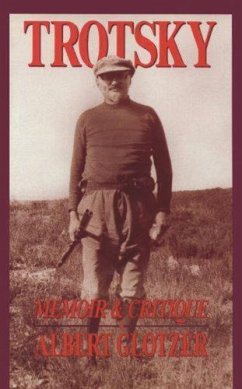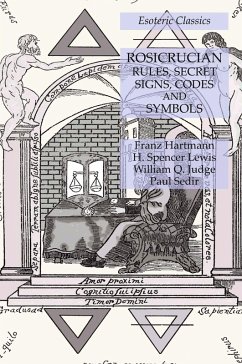October, 1931. Albert Glotzer, a young American revolutionary, arrived in Kadikoy, Turkey, for an eagerly anticipated meeting with Leon Trotsky. Of that day, Glotzer writes: "In accented English, he invited me to his buro . . . As I sat talking, I observed the famous head, with its shock of gray hair, the high forehead, the penetrating blue eyes behind the horn rims, the full lips framed by dimples that deepened with his smile or laughter . . . The resonance of his high tenor reminded me of his legendary oratorical prowess . . . Even though he had been almost crushed by the new bureaucracy organized and led by Stalin, Trotsky bore not the slightest air of defeatism. His self-imposed task, in his latest exile, was nothing less than to try to build a new movement from minuscule beginnings." To this day, Leon Trotsky remains officially condemned in a nation he, with Lenin, was most responsible for establishing. He is still publicly regarded as the Soviet Union's greatest traitor. Yet perhaps the changes now sweeping the communist empire offer hopes of posthumous acknowledgement of the man Lenin called "the best Bolshevik." In Trotsky: Memoir and Critique, Albert Glotzer, a close associate of Trotsky in the 1930's, provides a comprehensive and compelling portrait of the man and the movement he inspired. Glotzer vividly recounts the years during which Trotsky was in exile, documents Trotsky's dramatic testimony at the Dewey Commission hearings in Mexico City, reviews his political role in Bolshevism, and eloquently explains his failure to be accepted by Soviet leaders after Lenin's death. In chapters that alternate between absorbing first-hand anecdotes and acute appraisals of Trotsky's prophetic insights, Glotzer shows why a man murdered more than forty years ago in Mexico still casts so large a shadow over the nation of his birth.
Bitte wählen Sie Ihr Anliegen aus.
Rechnungen
Retourenschein anfordern
Bestellstatus
Storno







